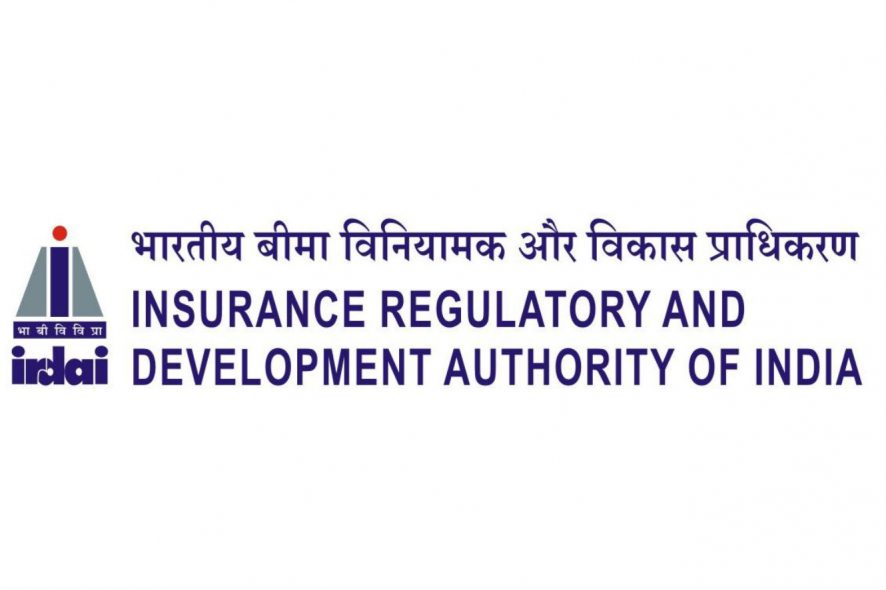The Insurance Regulatory and Development Authority of India has published the IRDAI (Surety Insurance Contracts) Guidelines, 2022 on January 3, 2022, which shall come into force on April 1, 2022.
The regulation shall be applicable to all Insurers registered under the Insurance Act, 1938, to transact the business of general insurance and Surety Insurance, subject to compliance with eligibility criteria as set out in these guidelines.
As per the guidelines, Surety contracts may be in the form of Advance Payment Bonds, Bid Bond, Contract Bond, Performance Bond, Retention Money.
The essential features of a Surety Insurance contract are as follows:
- It shall be a contract of guarantee under Section 126 of the Indian Contract Act, 1872. It is a contract to perform the promise, or discharge the liability of a third person in case of his default.
- A contract of Surety shall be deemed to be an insurance contract only if made by a Surety who or which, is an insurer registered under the Insurance Act, 1938 to transact the business of general insurance.
The insurers can work together with Banks or other financial institutions such as NBFCs to share risk information, technical expertise to monitor projects, cash flow amongst other aspects and contracting awarding authorities in order to evaluate the risk with more information and data.
Further, the data of Surety Insurance contracts underwritten by all general insurers shall be submitted to Insurance Information Bureau of India (IIBI) as may be prescribed and the insurers shall maintain the relevant records and data pertaining to Surety Insurance business and submit to the Authority as and when requisitioned.






